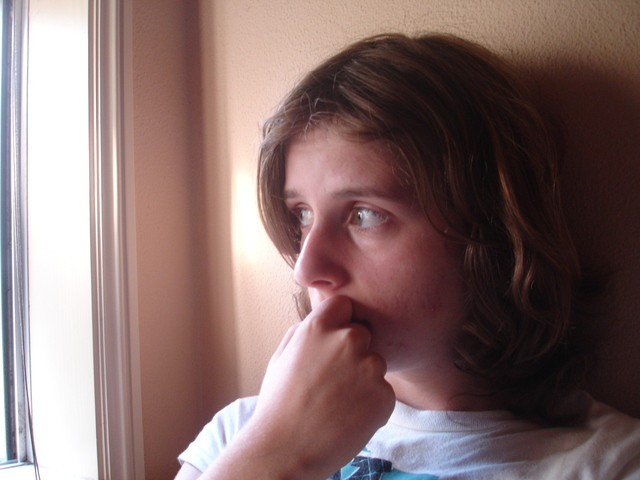Adapting to the New Scenario - COVID 19
Posted 25th of March 2020 by Gill Wier

When I wrote a blog post about “what gives me hope” a few weeks ago I had no idea that my ability to hope was about to be so deeply challenged by the unfolding of a global pandemic! Like many of us (I imagine) I have felt very unsettled by the sudden series of changes to our lives. I have felt a deep sense of loss at times but I am also grateful for all that I still have and hopeful that there are new opportunities inherent in this new and strange scenario.
I have been struck by how adaptable human beings are. How quickly people have responded to the dramatic changes to our lives by developing new and relevant online resources, adapting their business models to continue making an income, making use of online modes of communication. Although there has undoubtedly been selfish behaviour from some there have also been many heartening stories of people reaching out to the vulnerable and helping their neighbours. As often in a crisis the worst and the best of human nature is being revealed.
So how can we make the most of the current scenario and find hope in the midst of it? I don’t have all the answers but here are some ideas….
- Begin a gratitude practice – at the end of each day write down things you have appreciated and enjoyed, even if it’s very simple things like the sun shining or a kind message from a friend. From when you first wake up start looking for the things to be grateful for that you will record later on.
- Try to focus on the here and now – mindfulness practices, if you haven’t already tried them are definitely worth trying now! We have no idea how long the current scenario will continue and we need to just take things one day at a time and try not to think too far ahead.
- Take the opportunities available to you. If you have a lot of free time in the house perhaps you could learn a new skill, do those jobs round the house you’ve been meaning to do for ages, get in touch with old friends, allow yourself to rest and relax.
- See yourself as part of the bigger picture – we are living through a unique period in history. Future generations will be interested in how we got through this time, just as we ask our older relatives about the war. See if you can find ways to document this time – through writing a journal or taking photos – perhaps one or two to represent each day of your self-isolation/self-distancing period.
- Be wise regarding how much news you watch and use of social media. There are so many different opinions out there as well as fake news and scare stories. Stick to reliable sources of news and NHS and government guidelines.
- Find ways to remain connected to others – compared with previous generations we are so lucky to have technology to communicate with each other in this kind of situation. You may have already begun to explore the use of Zoom, Google hangouts and various other digital platforms. Don’t forget old fashioned forms too – telephone calls and letters are also valuable ways of feeling less alone and are more easily accessible to older people who are likely to be more isolated.
- Look after yourself by continuing to eat a healthy diet and continuing to exercise at home or outdoors, as long as you are following government guidelines around social distancing. Try to set a daily routine for yourself and your family to maintain some sense of normality. These steps will help to protect your mental well-being.
This is such an unusual scenario to find ourselves in and it’s normal to feel anxiety, frustration, sadness, grief and loss. Some will find it harder to adapt than others, especially if you are already struggling with mental health issues or relationship issues which make it hard to spend a lot of time with your immediate family. If you need someone to talk to we are now offering counselling sessions via telephone and online video call.
Take care everyone, we are all in this together and it will pass.
